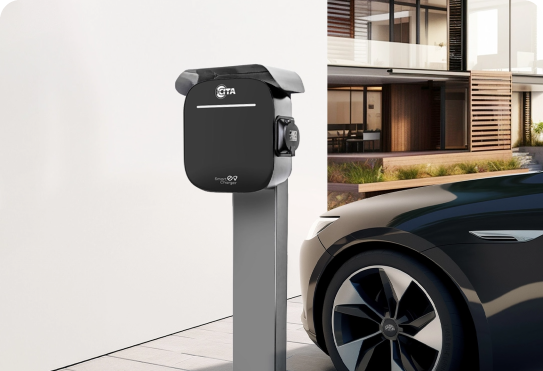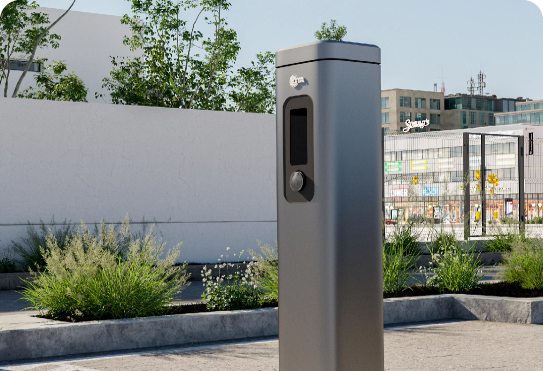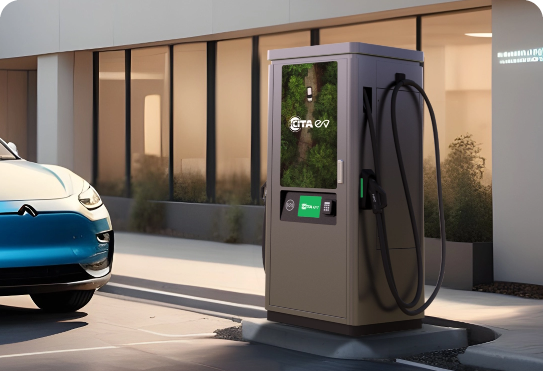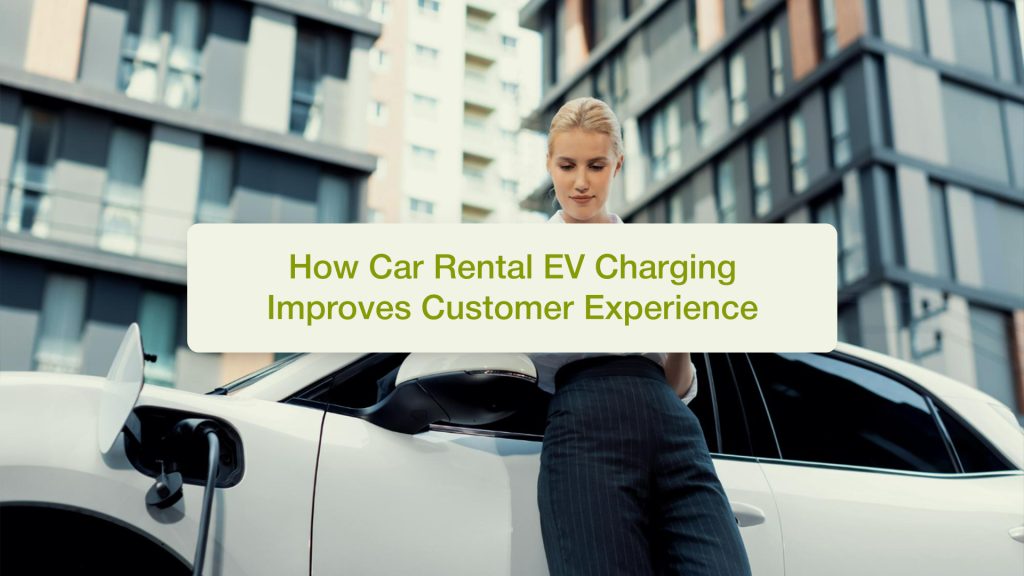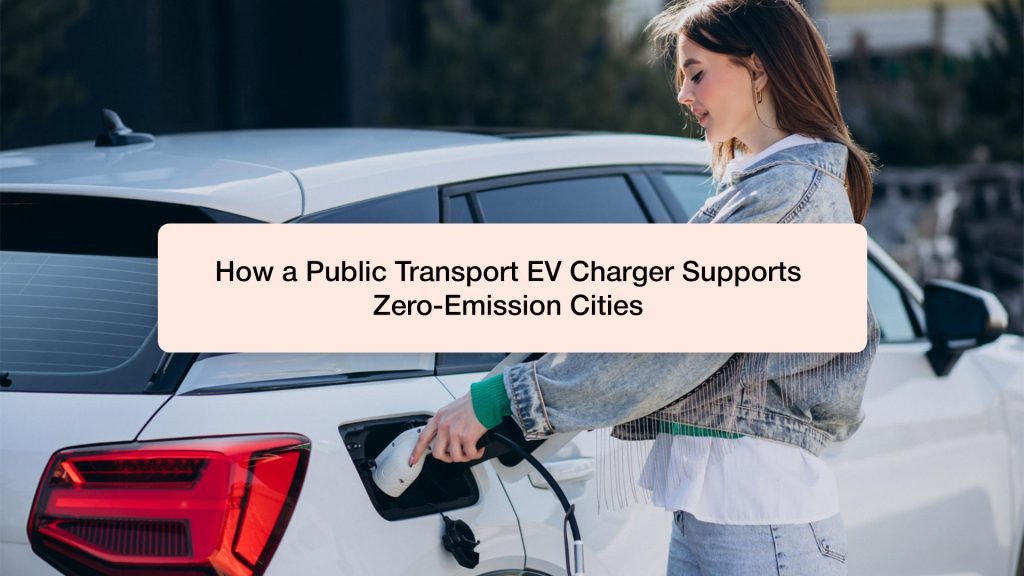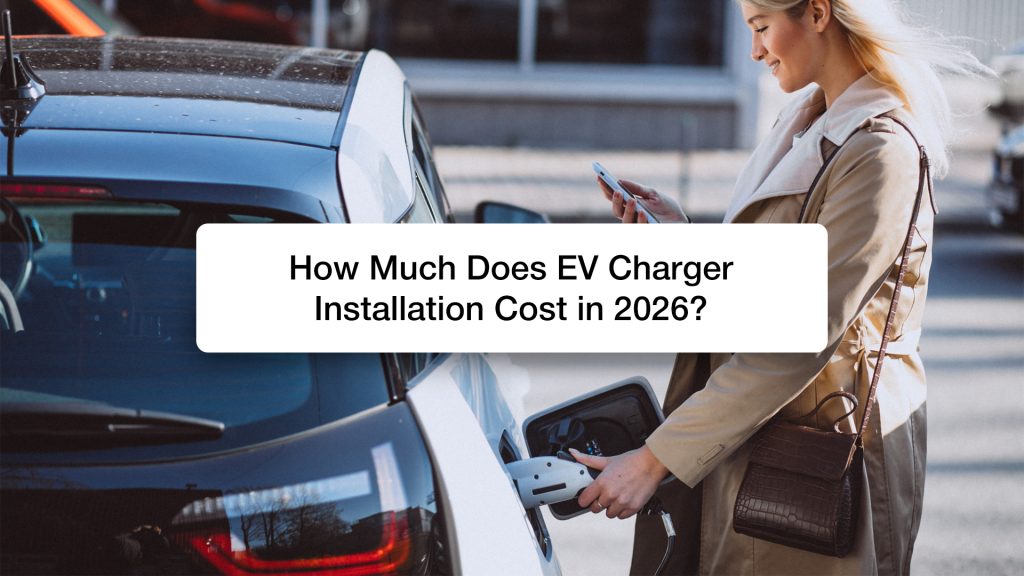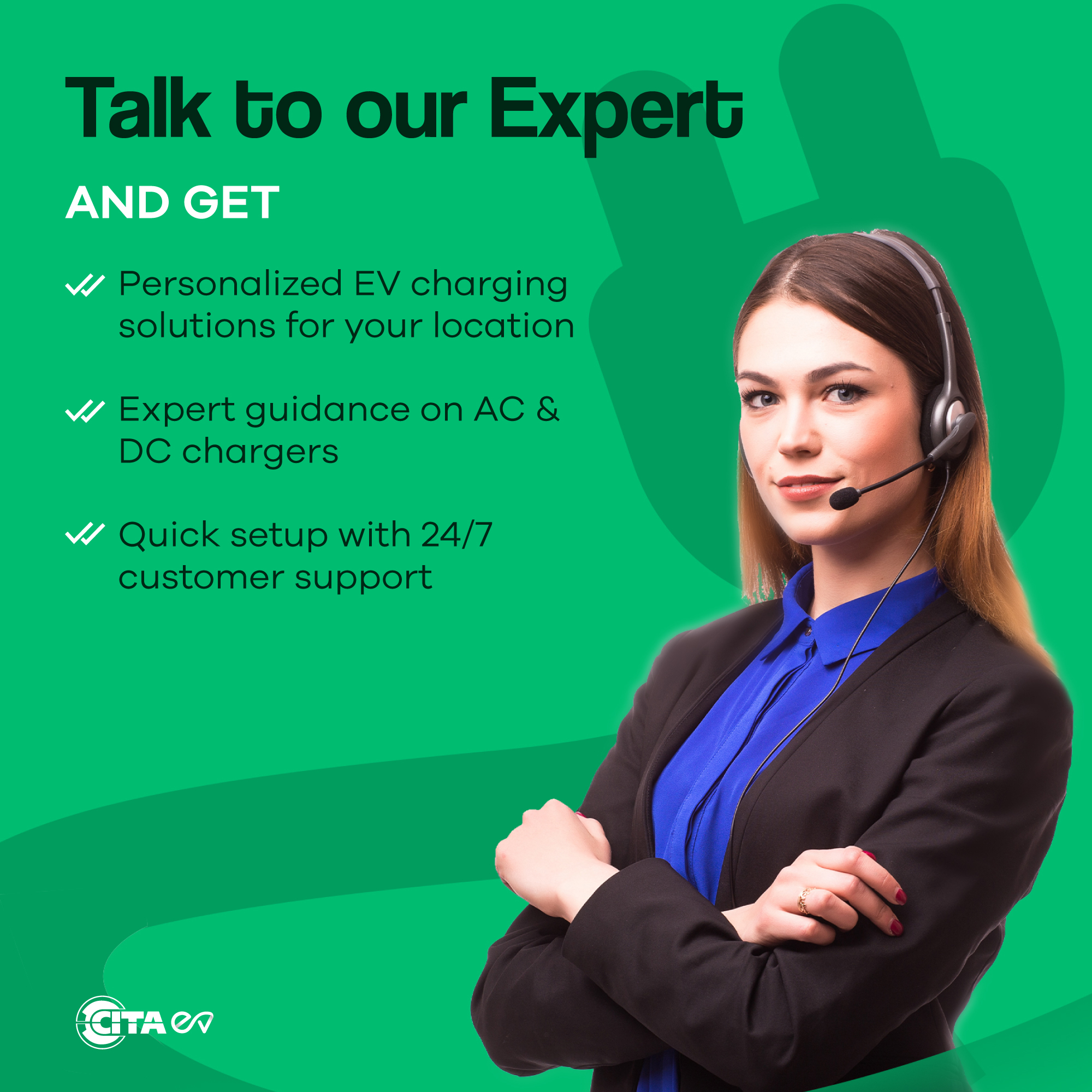EV Charging Safety Tips are crucial as the UK’s charging infrastructure grows at an unprecedented pace. According to recent government data, over 100,000 home EV chargers have been installed across the UK, and the number is climbing fast with support from schemes like OZEV. Meanwhile, high-powered public chargers—some delivering up to 350 kW—are now appearing along key motorways. This rapid expansion is reshaping how Britons power their vehicles daily.
However, with more chargers in use, the focus on safety, installation standards, and reliable hardware is more important than ever to ensure peace of mind while charging.
12 Must-Know EV Charging Safety Tips for Every EV Owner in the UK
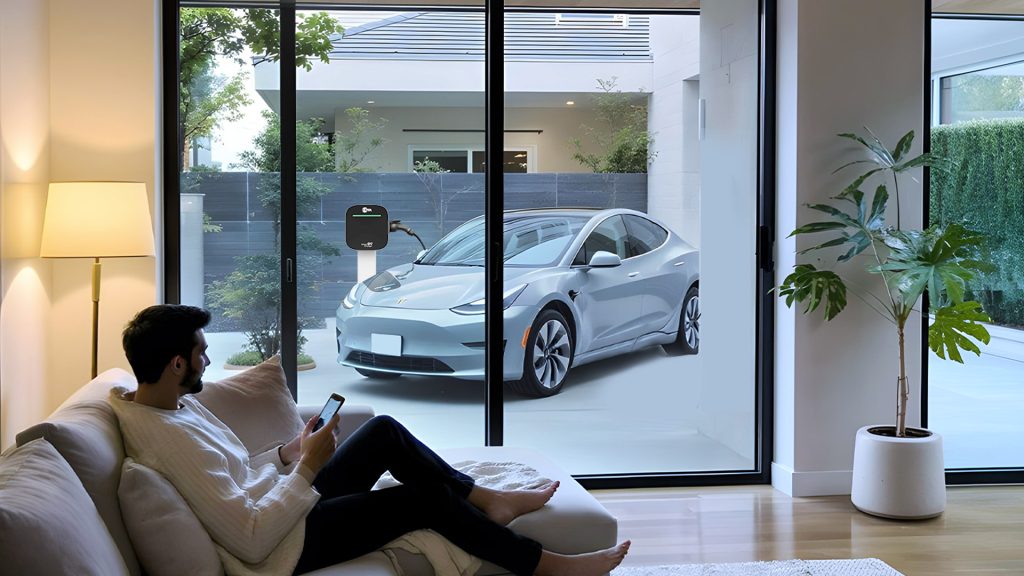
As EVs become more mainstream, so do questions around charger safety, installation, and everyday use. A proper charging setup not only protects your vehicle but also ensures your home’s electrical systems and your family remain safe.
Let’s explore 12 practical and reliable EV Charging Safety Tips, especially relevant if you use or are planning to install an Ultra Fast EV Charger, home EV charger, or commercial unit.
1) Use Only Certified EV Chargers
Certified EV chargers ensure that you’re meeting the UK’s strict safety regulations. Always look for UKCA EV Chargers, CE EV Chargers, or OZEV-approved EV Chargers to confirm that your device has undergone quality and compliance testing.
Using a Certified EV Charger significantly reduces the risk of faults, overheating, or fire hazards—especially important for residential EV charger manufacturers in the UK and installers. Following EV charging safety tips like these ensures peace of mind and equipment longevity.
2) Understand IP and IK Ratings Before Installation
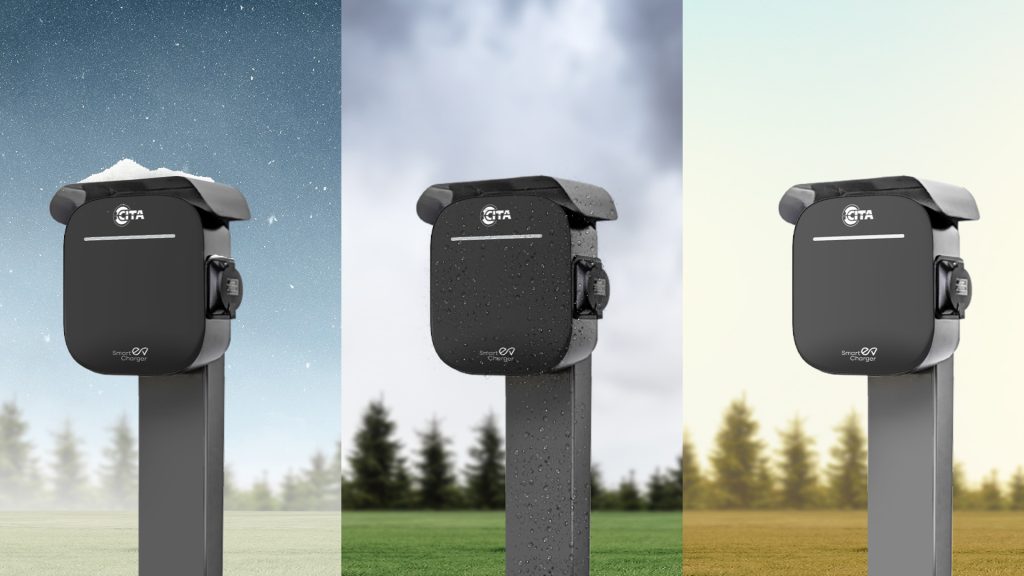
Before selecting a charger, check the IP (Ingress Protection) and IK (Impact Protection) ratings. An IP65 Rated EV Charger means it’s dust-tight and protected against water jets, making it ideal for outdoor UK weather.
An IK10 Rated EV Charger offers high resistance to mechanical impact, crucial for long-term durability. Always consult your EV charger supplier to ensure the product fits your location and aligns with standard EV charging safety tips.
3) Avoid Using Extension Cords for Charging
It might seem harmless, but using an extension cord with your EV charger is a significant safety risk. Extension cables aren’t designed to handle the continuous high loads from Ultra Fast EV Chargers or even standard 7kW AC chargers.
They can overheat and cause electrical fires. A direct connection to a Certified EV Charger is always safer and smarter. Among the most important EV charging safety tips, avoiding extension cables is key.
4) Rely on Approved Installers Only
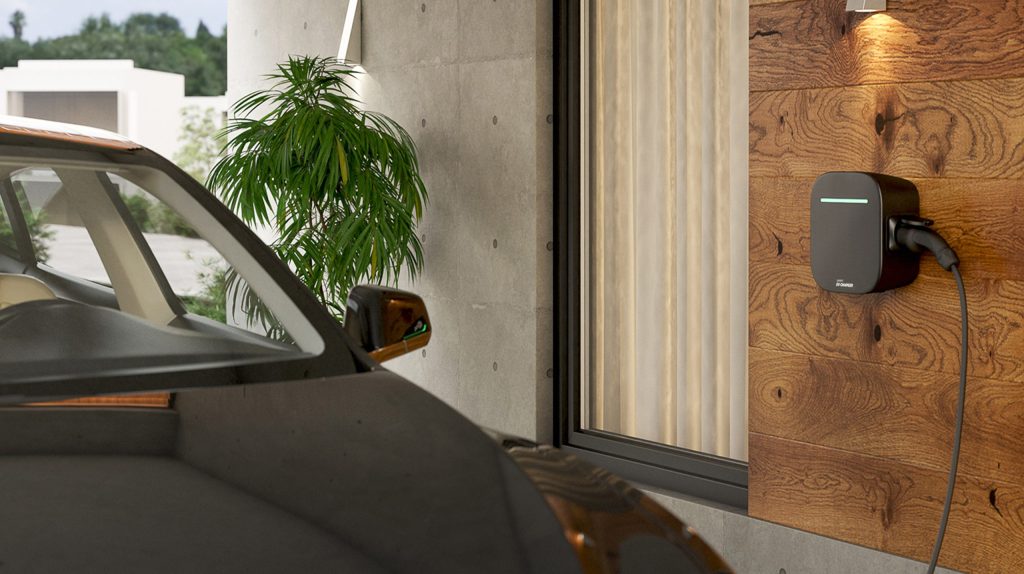
Never allow uncertified individuals to install your EV charger. Use professionals approved under the OZEV grant scheme or affiliated with a trusted EV charger manufacturer in the UK.
Proper installation ensures correct earthing, cable sizing, circuit protection, and safe positioning—especially for powerful setups like 22kW AC chargers or dual-socket commercial EV chargers.
5) Perform Regular Visual Inspections
Make it a habit to inspect your EV charger and cables regularly. Look for signs of wear, fraying, or discoloration, especially at the plug and socket. Even IP65 Rated EV Chargers can wear out if physically damaged.
If you spot anything unusual, consult your home EV charger manufacturer in the UK or support service before continuing use.
6) Integrate Surge Protection
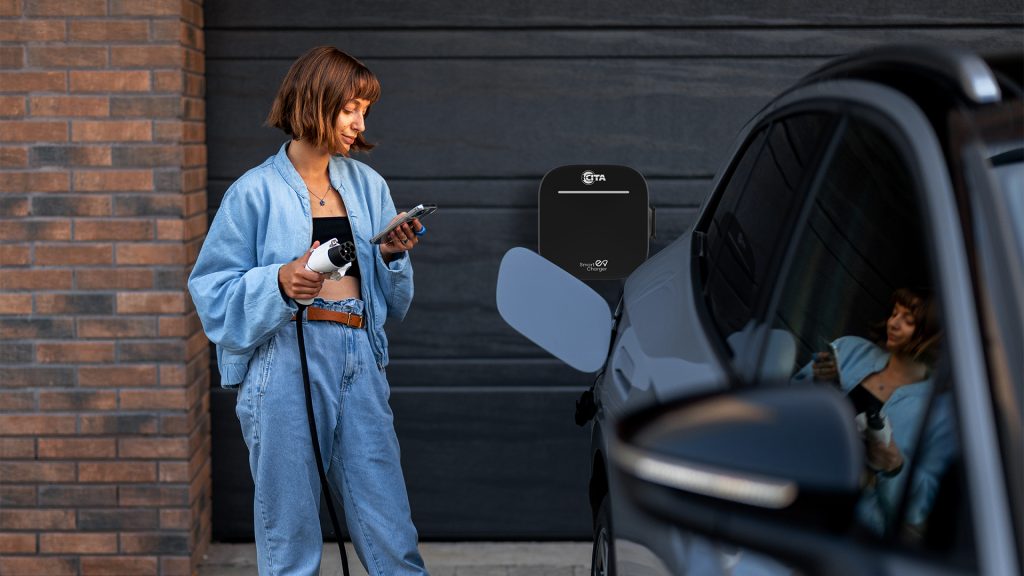
The UK’s fluctuating power grid can send unexpected voltage spikes into your EV charger. Surge protection is essential, particularly for Fast and Ultra-Fast EV Chargers. A surge-protected charger will safeguard your EV’s sensitive electronics, helping avoid costly repairs.
Always confirm this feature with your EV charger provider or installation team. Integrating surge protection is one of the smartest EV charging safety tips for protecting your investment.
7) Use Smart Charging Features
Smart charging not only helps reduce electricity bills by utilising off-peak tariffs, but it also improves safety. Chargers integrated with smart apps or Charge Point Management Systems (CPMS) allow for live monitoring and automated shutdowns during anomalies.
Leading EV charger companies offer these features to help users enhance control and efficiency while staying protected.
8) Let the Battery Cool Before Charging
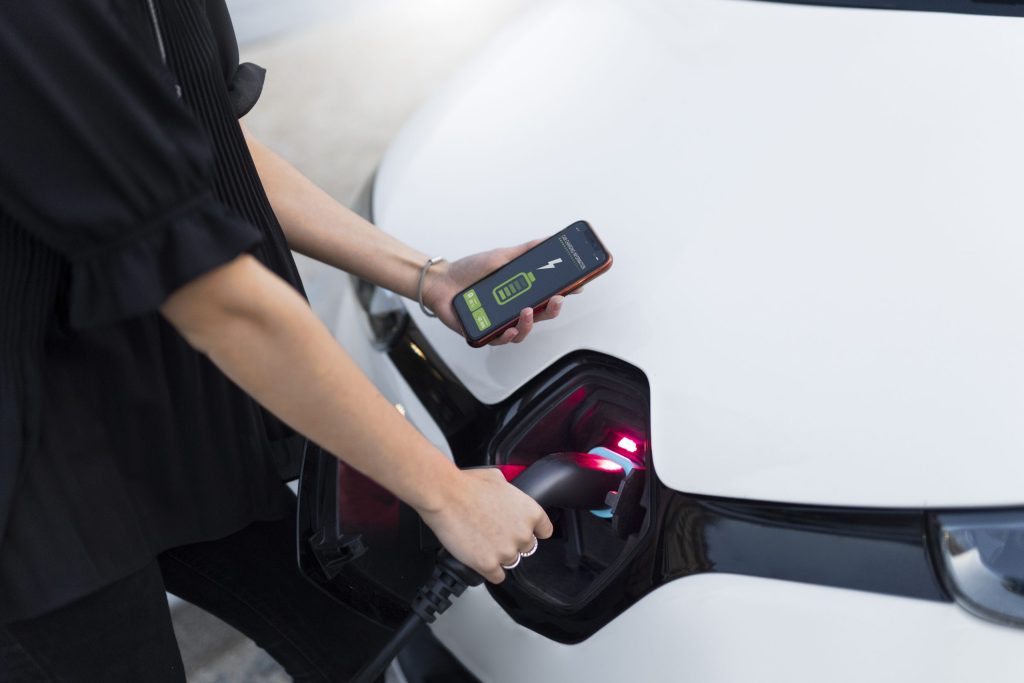
After a long drive, your EV battery could be hot. Plugging it into a Fast EV Charger immediately can overheat it further. Let the battery cool down before initiating a charge.
This is especially important with DC Ultra Fast EV Chargers (60 kW to 360 kW), where rapid energy transfer produces high temperatures quickly.
9) Ensure Proper Circuit Isolation
Every home EV charger should be on a dedicated circuit with its own breaker in your fuse box. This isolates the charger from the rest of the house and prevents circuit overloads, tripped fuses, or worse—house fires.
This is a standard practice followed by every reliable residential EV charger manufacturer in the UK. It’s also one of the often-overlooked EV charging safety tips that can prevent electrical disasters.
10) Avoid Charging During Storms
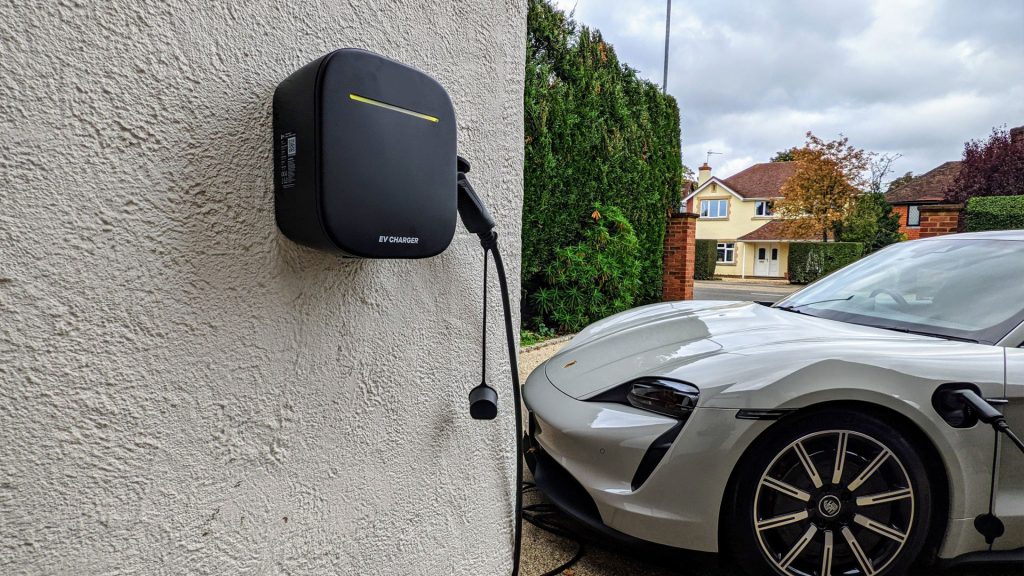
Even with surge protection, charging during lightning storms can be dangerous. Power surges or outages can damage both your EV and your charger.
If you’re using an outdoor IP65 or IK10 rated EV charger, wait for clear weather or consult your EV charger supplier in the UK for further safety features.
11) Stay Present During Public Charging
When using public or commercial EV chargers, especially Ultra Fast EV Chargers, it’s best to stay near your vehicle. Malfunctions, unauthorised disconnections, or even accidental damage can occur.
For added peace of mind, many certified EV chargers have locking mechanisms to prevent tampering during active sessions. Staying nearby is one of the simplest yet most effective EV charging safety tips to adopt.
12) Keep Firmware and Apps Updated
Modern EV chargers come with apps or software platforms. Ensure these are always up-to-date. Updates improve not just features but also safety protocols, diagnostics, and charging performance.
Work with a manufacturer that provides regular updates through their EV app or CPMS, ensuring your charger stays secure and compatible with changing grid conditions.
Choose Safety Every Time You Charge
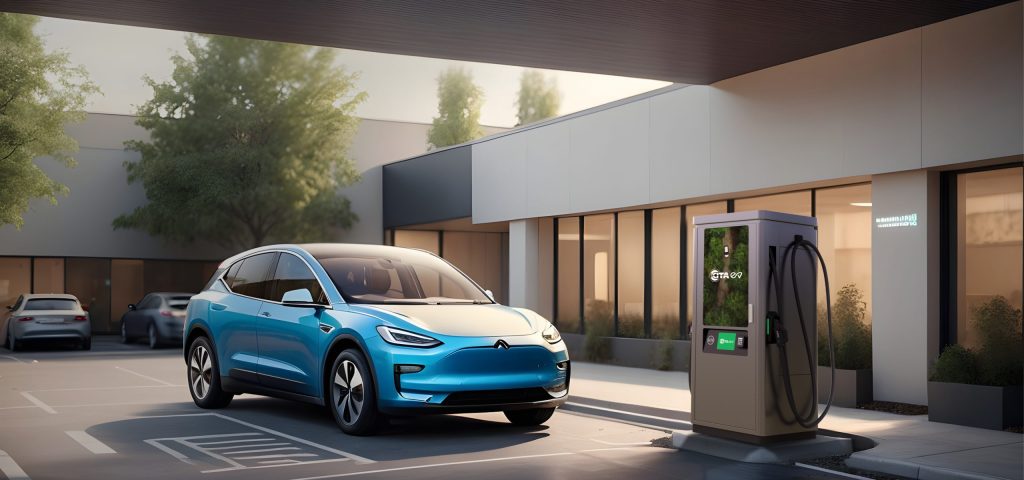
At CITA EV Charger, our chargers are built with your safety in mind. From IP65 and IK10-rated AC units to UKCA and CE-certified DC fast chargers, every product is designed to support the UK’s top EV charging safety tips. Our smart systems offer real-time monitoring, surge protection, and seamless integration with the CITA EV App and Charge Point Management System, helping users follow essential EV charging safety tips effortlessly. Whether you’re charging at home or managing a fleet, our solutions ensure safe, smart, and supported charging.
Ready to upgrade your EV charging experience?
Explore our range or connect with a certified EV manufacturer today.




